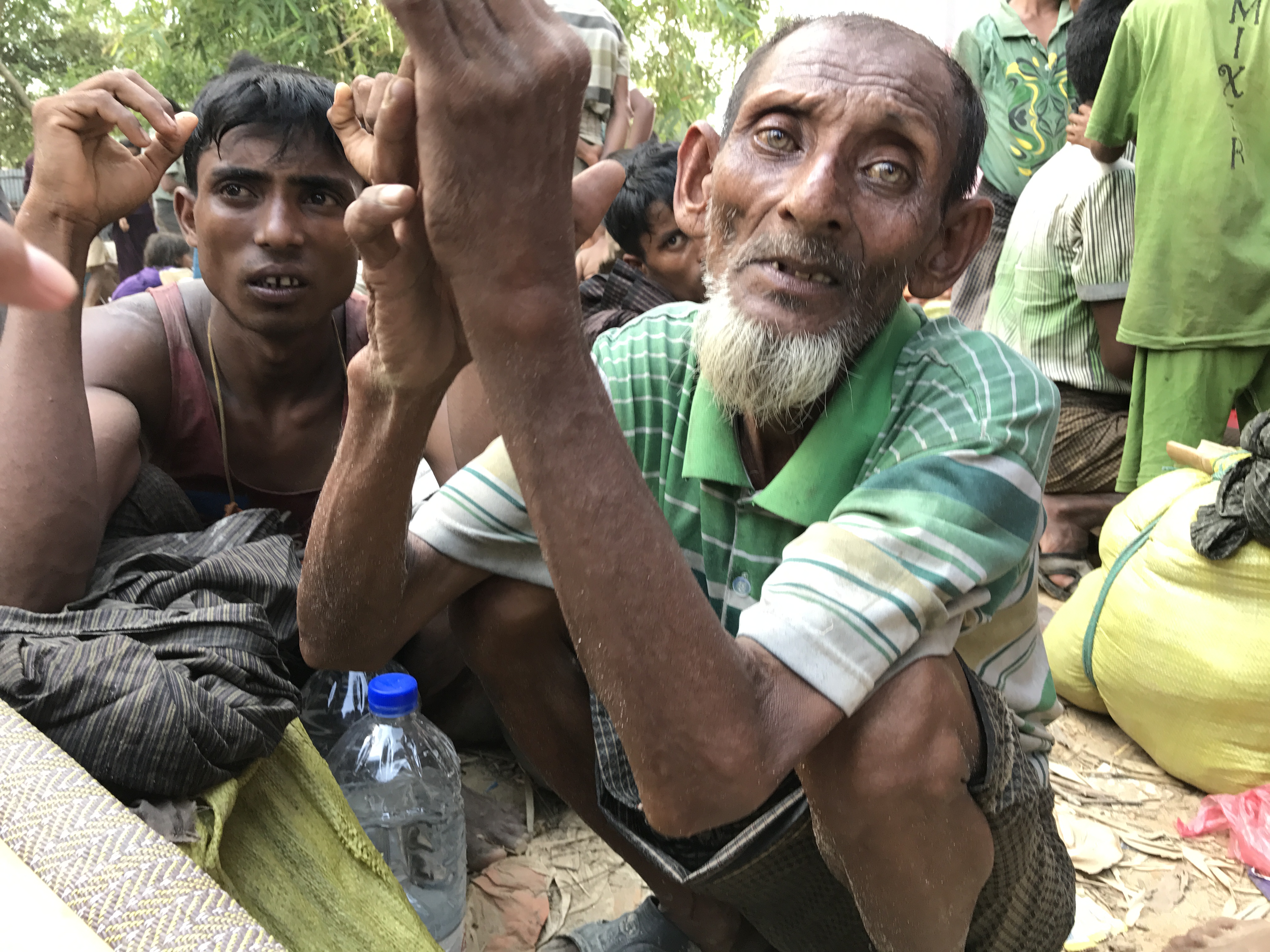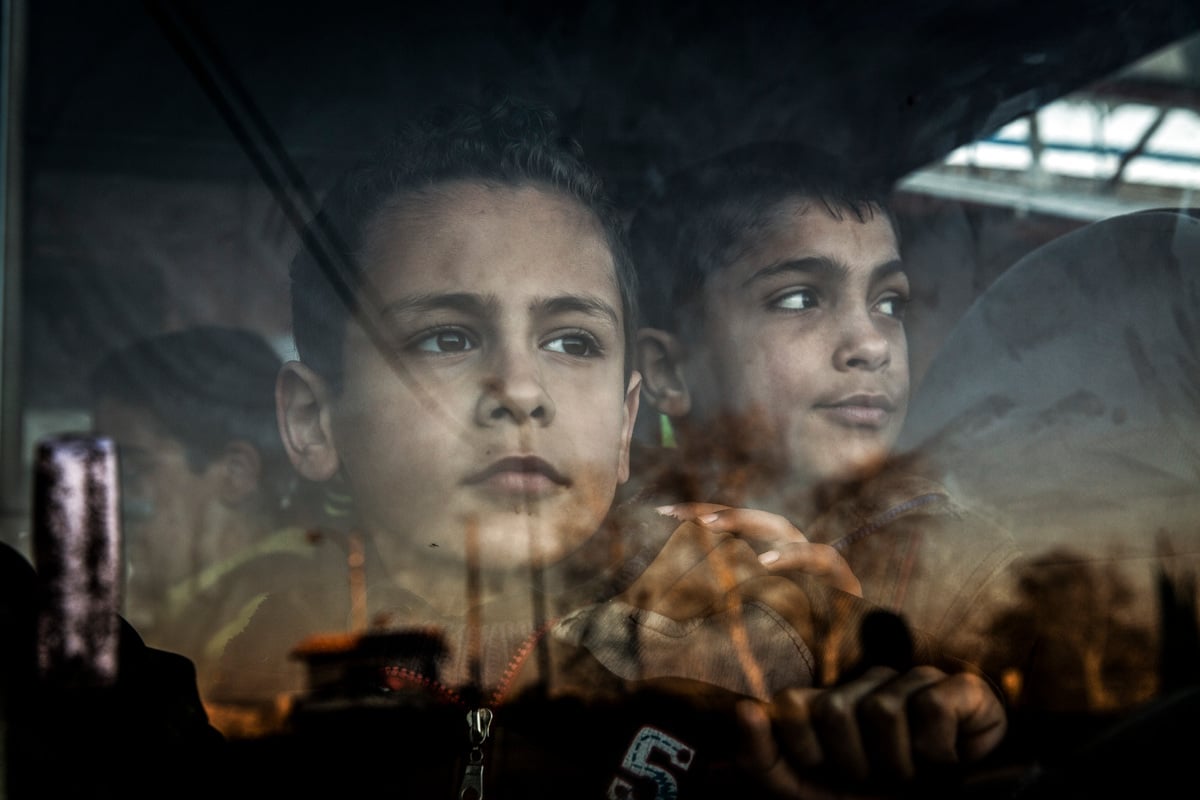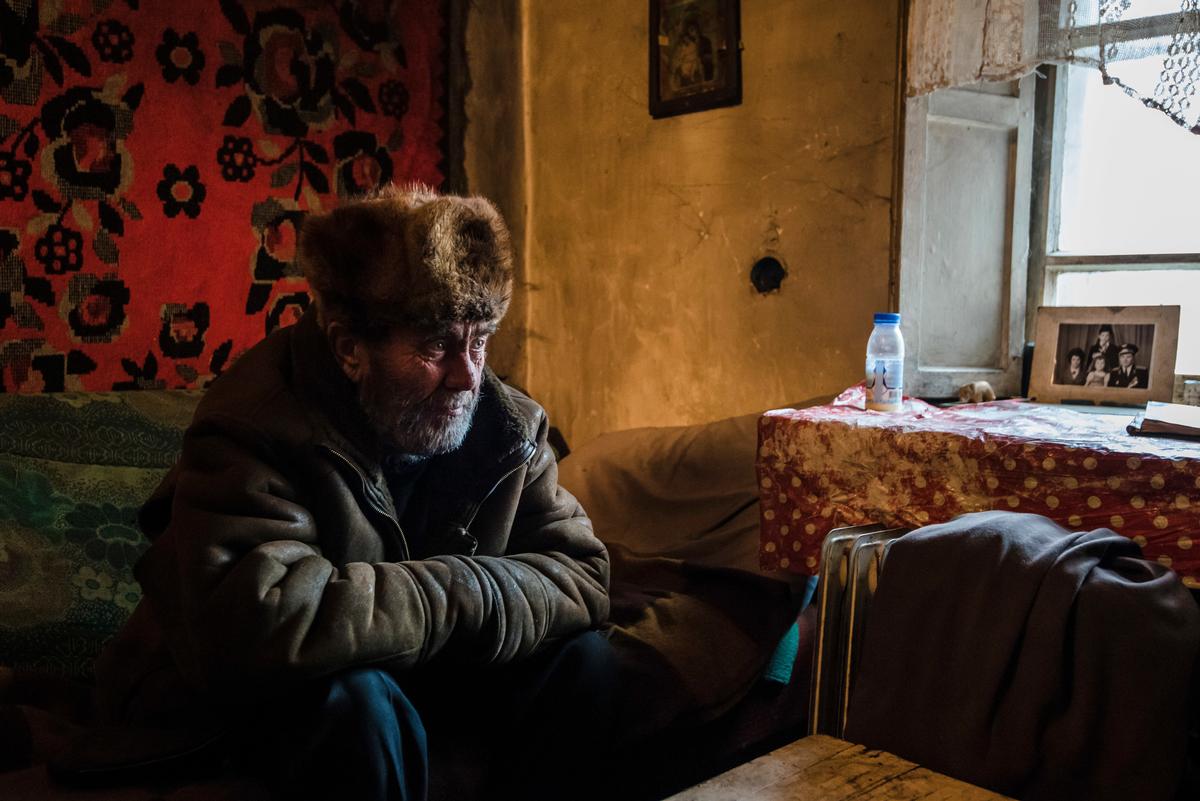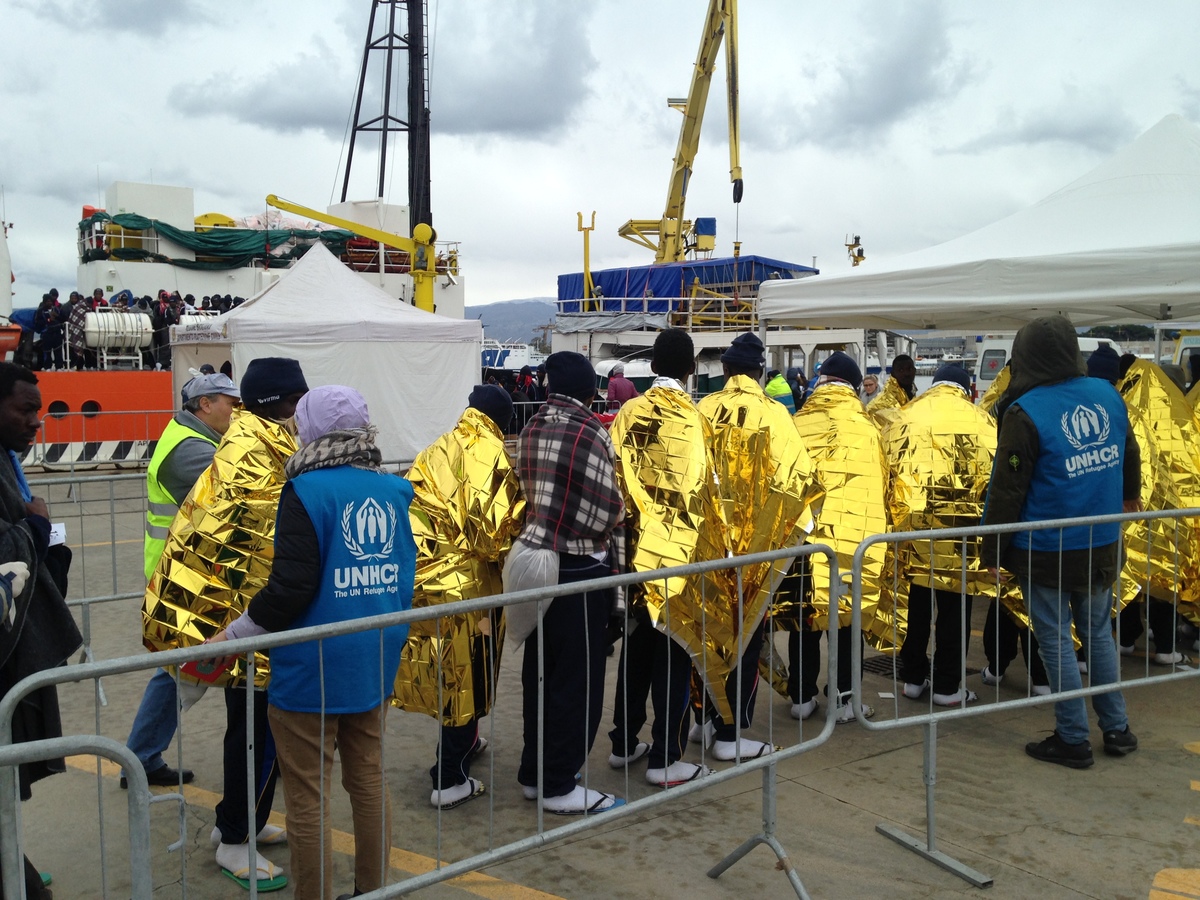Annual UNHCR figures show continuing climb in number of uprooted
Annual UNHCR figures show continuing climb in number of uprooted

LONDON, June 17 (UNHCR) - UN High Commissioner for Refugees António Guterres expressed concern Tuesday about the growing number of refugees worldwide after an annual survey said there were 11.4 million refugees and 26 million others displaced internally by conflict or persecution at the end of 2007.
"After a five-year decline in the number of refugees between 2001 and 2005, we have now seen two years of increases, and that's a concern," Guterres said in London, announcing the results of UNHCR's annual Global Trends report after kicking off activities in Trafalgar Square to mark World Refugee Day on June 20.
"We are now faced with a complex mix of global challenges that could threaten even more forced displacement in the future. They range from multiple new conflict-related emergencies in world hotspots to bad governance, climate-induced environmental degradation that increases competition for scarce resources, and extreme price hikes that have hit the poor the hardest and are generating instability in many places."
The 2007 Global Trends report says the number of refugees under UNHCR's responsibility rose from 9.9 to 11.4 million by the end of last year. According to the Internal Displacement Monitoring Centre, the global number of people affected by conflict-induced internal displacement increased from 24.4 million to 26 million. UNHCR currently provides protection or assistance directly or indirectly to 13.7 million of them - up from 12.8 million in 2006.
The number of refugees and internally displaced people (IDPs) under UNHCR's care rose by 2.5 million last year, reaching an unprecedented 25.1 million by year's end. The statistics come from more than 150 countries.
The report also lists other categories of concern to UNHCR, including stateless people, asylum seekers, returned refugees, returned internally displaced and "others." In all, it lists 31.7 million people entitled to UNHCR support, excluding 4.6 million Palestinian refugees helped by the UN Relief and Works Agency for Palestine Refugees in the Near East (UNRWA).
The Global Trends report distinguishes between refugees - those who flee across international borders to escape persecution and conflict - and IDPs who are forced from their homes but remain uprooted within their own countries. When it began work in 1951, UNHCR's mandate was limited to finding solutions for the world's refugees. In recent decades, however, it has also been tasked to work with other UN agencies to help IDPs fleeing from conflict.
Among refugees, the new report notes that Afghans (around 3 million, mainly in Pakistan and Iran) and Iraqis (around 2 million, mainly in Syria and Jordan) accounted for nearly half of all refugees under UNHCR's care worldwide in 2007, followed by Colombians (552,000) in a refugee-like situation, Sudanese (523,000) and Somalis (457,000). It says that much of the increase in refugees in 2007 was a result of the volatile situation in Iraq. The top refugee-hosting countries in 2007 included Pakistan, Syria, Iran, Germany and Jordan.
Among the internally displaced, the report cites up to 3 million people in Colombia (the figure used by the Constitutional Court); 2.4 million in Iraq; 1.3 million in the Democratic Republic of the Congo; 1.2 million in Uganda; and 1 million in Somalia. In all, it covers 13.7 million IDPs in 23 countries.
"In Iraq, with the sectarian divide and the lack of a comprehensive political solution, the number of internally displaced rose from 1.8 million at the start of the year to close to 2.4 million by the end of 2007," the report says, adding that other increases or new displacement situations were also reported in Afghanistan, the Central African Republic, Chad, Sri Lanka and Yemen.
Some 647,200 individual applications for asylum or refugee status were submitted to governments and UNHCR offices in 154 countries last year - a 5 percent increase and the first rise in four years. The report says the increase can primarily be attributed to the large number of Iraqis seeking asylum in Europe.
By nationality, the individual claims included people from Iraq (52,000), Somalia (46,100), Eritrea (36,000), Colombia (23,200), Russian Federation (21,800), Ethiopia (21,600) and Zimbabwe (20,700). Top destination countries for individual asylum seekers were the United States, South Africa, Sweden, France, the United Kingdom, Canada and Greece.
Despite the increases in refugees and internally displaced people, it wasn't all bad news. "UNHCR's goal is to find lasting solutions for refugees," Guterres said. "Those solutions include voluntary repatriation once conditions in countries of origin allow; integration in countries of first asylum; or resettlement to a third country. We can report some progress in all these areas in 2007, but there's still a long way to go."
Some 731,000 refugees were able to go home under voluntary repatriation programmes in 2007, including to Afghanistan (374,000), Southern Sudan (130,700), the Democratic Republic of the Congo (60,000), Iraq (45,400) and Liberia (44,400). In addition, an estimated 2.1 million internally displaced people went home during the year.
Refugee resettlement referrals to third countries increased substantially in 2007, with UNHCR submitting 99,000 individuals for consideration by governments - the highest number in 15 years. Even so, less than 1 percent of the world's refugees are resettled by third countries.
By the end of the year, 75,300 refugees were admitted by 14 resettlement countries, including the United States (48,300), Canada (11,200), Australia (9,600), Sweden (1,800), Norway (1,100) and New Zealand (740). By nationality, the main beneficiaries of resettlement were refugees from Myanmar, Burundi, Somalia, Iraq, the Democratic Republic of the Congo and Afghanistan.
The year also saw a decline of some 3 million people who had been considered stateless, primarily as a result of new legislation in Nepal providing citizenship to approximately 2.6 million people, as well as changes in Bangladesh. It is estimated that there are some 12 million stateless people worldwide.









